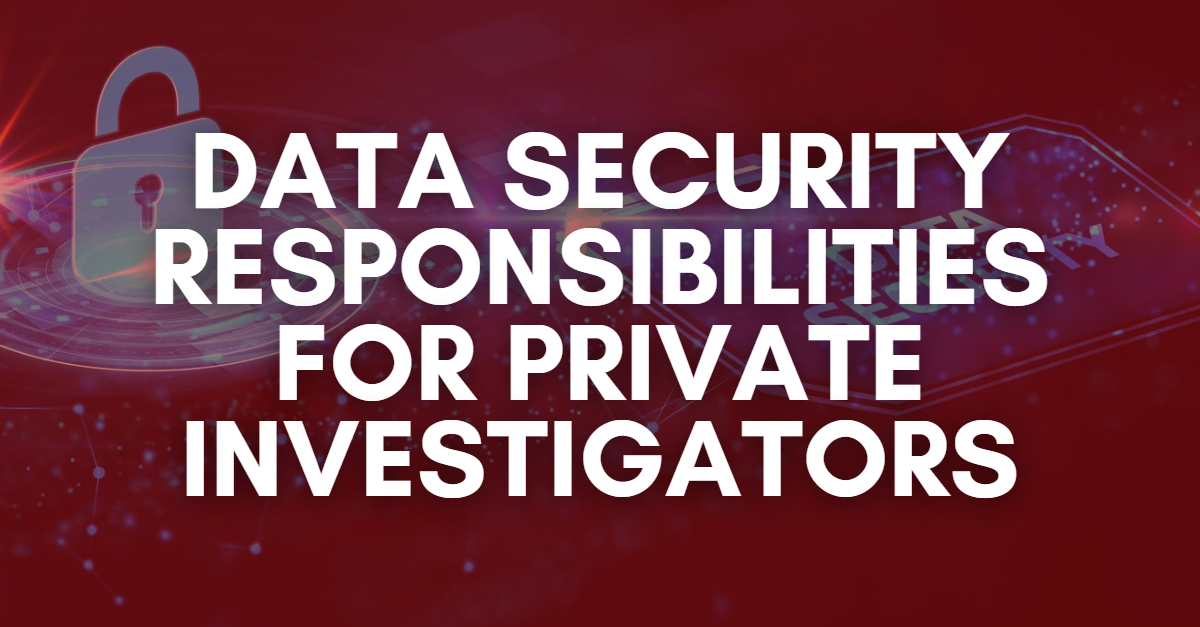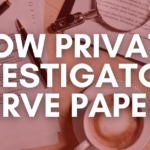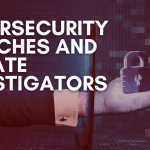Data security is a paramount concern for private investigators. With the sensitive information they handle during investigations, maintaining the confidentiality and integrity of data is essential. In this article, we will explore the best practices for data security in private investigation, covering key measures that investigators should implement to protect client information and maintain trust.
Moreover, data security is an ongoing process. PI agencies make sure to stay informed about emerging threats and evolving best practices. By continuously evaluating and updating data security measures, private investigators adapt to the changing landscape and mitigate potential risks effectively.
Why data security matters in private investigation

Data security is crucial in the private investigation industry for several reasons:
- Confidentiality: Private investigators handle sensitive personal and business information, and maintaining confidentiality is of utmost importance to protect the privacy and reputation of individuals involved.
- Legal Compliance: Adhering to data security best practices ensures compliance with relevant laws and regulations, such as the General Data Protection Regulation (GDPR) or the California Consumer Privacy Act (CCPA).
- Trust and Reputation: By prioritizing data security, private investigators build trust with clients, establishing a reputation for professionalism, integrity, and ethical conduct.
What are the best practices for data security?
For private investigators to maintain their reputation and the trust of their clients it’s crucial that they remain competent and follow the best data protection practices. This way they can ensure their clients rest easy when sharing relevant information to a case. We outline the most important ones below:
- Secure data storage: PIs Utilize secure methods for storing data, such as encrypted hard drives or cloud-based services with robust security features. Regularly update passwords and restrict access to authorized personnel.
- Control access: Implement strict access controls to limit who can view and modify sensitive data. Use role-based access privileges and two-factor authentication to enhance security.
- Regular data backups: Perform regular backups of all data to prevent loss or damage. Store backups securely in off-site locations or use reputable cloud backup services.
- Encryption: Encrypt sensitive data both at rest and during transmission to prevent unauthorized access. Use strong encryption algorithms and ensure encryption keys are securely stored.
- Regular software updates: Keep all software, including operating systems and applications, up to date with the latest security patches. Regularly patch vulnerabilities to minimize the risk of exploitation.
Employee training, incident response, and secure communication
Implementing best practices helps private investigators enhance their data security measures, safeguard client information, and maintain trust and confidence. By prioritizing secure data, private investigators demonstrate their commitment to protecting sensitive data and operating in a responsible and ethical manner.
Data protection depends on more than just technology though, it also depends on staff expertise. Hence why employee training is crucial. Any worthwhile PI agency educates its staff members on data protection best practices and potential threats. They train employees on password management, identifying phishing attempts, and secure handling of data.

Additionally, they formulate incident response plans. Agencies develop a comprehensive incident response plan to address data breaches or security incidents effectively. This plan should include steps to contain the breach, notify affected parties, and mitigate the impact. Furthermore, for incident response to be effective they must have secure communication channels. That’s where encrypted email or secure file transfer protocols come in. So as to exchange sensitive information with clients, colleagues, or partners.
In summary, data security is a critical aspect of private investigation. Private investigators must adopt best practices to ensure the confidentiality, integrity, and availability of data. By implementing secure data storage, access controls, regular backups, encryption, employee training, incident response plans, software updates, and secure communication channels, private investigators can enhance data security and uphold their professional responsibilities.
Learn more about what we do and why you should hire an experienced private investigator. Simply click on this link to get in contact with one of our team members.










